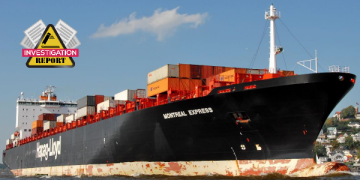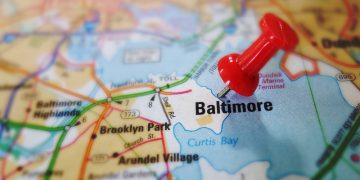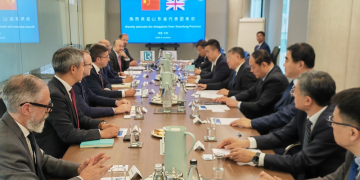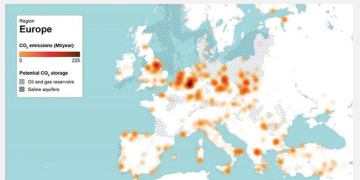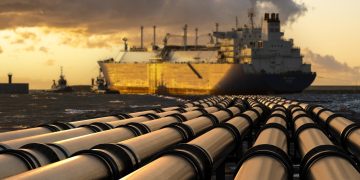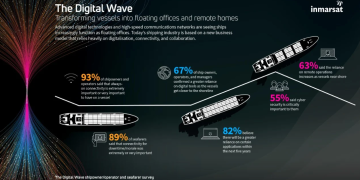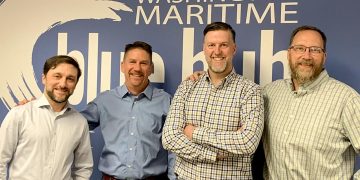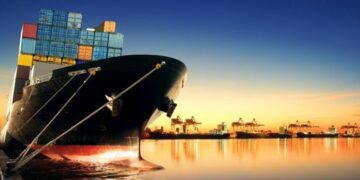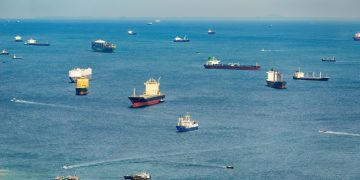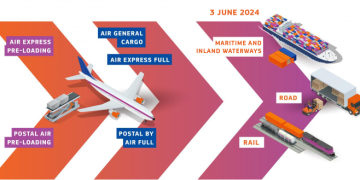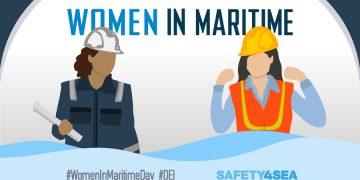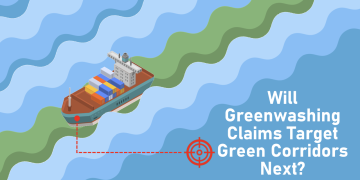Experts urge China to detail pollutants from ships and ports
According to China Daily, experts have suggested China to establish emissions inventories to details pollutants which account for as much as 20% of the cities airbone pollutants and they have also called for the diesel fuel standard for ships to be strengthened to reduce pollution. Pollutants generated by ships and the port in Hong Kong contributed to more than 50 percent of the region's airborne pollution, according to Ding Yan, deputy head of the Environmental Protection Ministry's vehicle emissions control center. "The proportion for some major port cities on the mainland, as some research has shown, can reach as high as 20 to 30 percent," Ding stated while speaking at a seminar last week held by the Natural Resources Defense Council, an international nonprofit environmental organization. A white paper from the National Resources Defence Council (NRDC) on the prevention and control of shipping and port air emissions said pollutants generated by ships and ports include PM2.5 - particles smaller than 2.5 microns in diameter that can enter the lungs - PM10, nitrogen oxide and volatile organic compounds. The white paper said the amount of PM2.5 emitted by a medium-sized container ship in one day is equivalent to that emitted by ...
Read more





